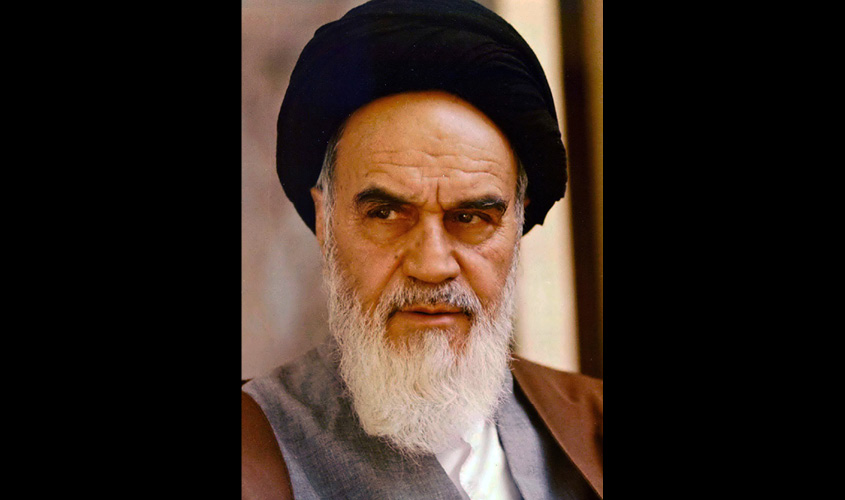The Ayatollah cannot be asked to mind his own business. He is respected not only by the Shias but by some Sunni countries too.
Nearly 400-plus million Muslims live in the Indian subcontinent. Of these about 200-million live in India. The Muslim population of the world is 1.3 billion.
The world admires and applauds India’s secular and pluralistic democracy. For the past six years the word secular has been allowed to rust.
This is unfortunate. Prime Minister Narendra Modi’s prestige in the Islamic world has been high. Whichever Islamic country he has visited, he has been received with cordiality and warmth. The recent communal blow-up in Northeast Delhi has inevitably dented that image, certainly for some time.
Over 50 Islamic countries are members of the United Nations. Many of these will not make public criticism but they will continue to hold it against us. Whatever the acerbic, semi-dictatorial President of Turkey or the foreign minister of Iran says, they can be asked to mind their own business. This cannot be said to the Ayatollah. He is respected not only by the Shias but by some Sunni countries too. He has cautioned us not to isolate ourselves from the Islamic world.
I have met the supreme leader of Iran, Sayyid Ali Hosseini Khamenei twice. Once in Tehran a few weeks before the summit meeting of the heads of state and government of Non-Aligned countries held in early March 1983 in New Delhi. I had gone to Tehran to invite the Prime Minister of Iran to the summit. To my pleasant surprise, I was informed that the supreme leader wished to meet me. I was ushered into a large room. The Ayatollah rose from his chair to welcome me. I conveyed to him the greetings and good wishes of Prime Minister Indira Gandhi. He asked me to thank the Prime Minister and convey his good wishes to her. He then informed me that he had a message for the Prime Minister, “Tell Mohterma Gandhi from me that she should not invite Iraq to the Delhi summit.”
I respectfully replied, “Your Excellency, Prime Minister Indira Gandhi has invited every head of state for the summit. If Iraq did not receive an invitation then it would ask that Iran not be invited. This she could not do.” I added that I would dutifully convey “Your Excellency’s message to the Prime Minister.” Both the countries participated in the summit.
The second time I met him was in Harare in September 1988, at the Non-Aligned Summit. Rajiv Gandhi had succeeded his mother as chairperson of the movement. He was to preside over the inaugural session in the morning. He would hand over the chairmanship to President Robert Mugabe at the beginning of the afternoon session.
The PLO leader, Yasser Arafat spoke in the morning session. He made a blistering attack on Iran. During the lunch break we got to know that the Ayatollah would reply to Arafat. Rajiv Gandhi called a meeting of the Indian delegation. He was in a quandary. “If the supreme leader was to reply to Arafat, that would vitiate the atmosphere. This is President Mugabe’s first summit. He would be hard put to deal with so explosive a situation. What do we do?”, he enquired. I suggested that he ask to see the Ayatollah. The idea appealed to him. He asked me to meet the supreme leader and tell him he wished to see him urgently. The Iranian leader said that he would receive Rajiv right away.
Rajiv Gandhi’s opening words were, “I have come to you not as Prime Minister but as a friend of Iran. I have learnt that in your speech this afternoon you will respond to Arafat. In that case, under the rules Arafat will ask to exercise his right to reply. That would be unfortunate. It would create an impossible situation for Mugabe. The summit would be ruined.” “What do you want us to do?”, asked Khamenei. “I would request you to ignore Arafat’s intemperate remarks.” The supreme leader said, “If our friend India wishes us not to respond, then we shall not do so.” He kept his word.

